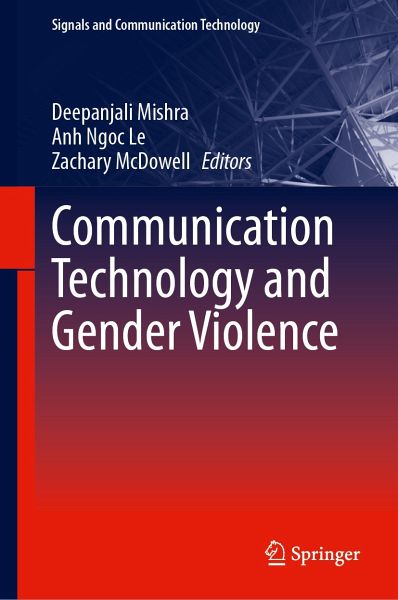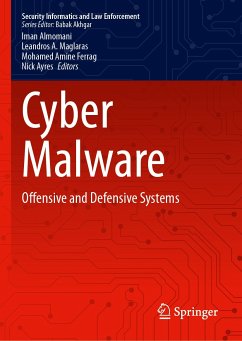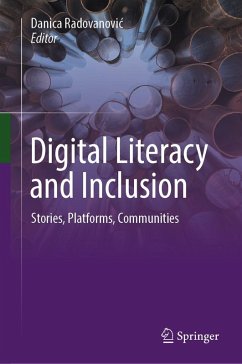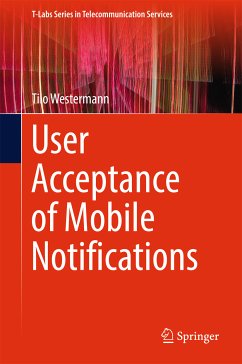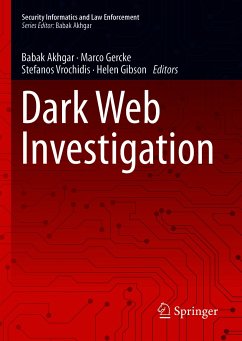Prof. Deepanjali Mishra earned her PhD in English from Utkal University, Bhubaneswar and teaches Communication in KIIT University, India. A very Motivating and Talented English Professor driven to inspire students to pursue academic and personal excellence. She is Consistently driven towards extensive research and exceptional track record towards contribution to various publication work. She is Energetic, highly career oriented and focused for attainment of goal. Her Area of interest includes Folklore and Culture studies, E-learning, Sociolinguistics, English Language Teaching, Management and Cyber-security and Gender studies. She has over 17 years of teaching and research experience. Organized a National Workshop on Publishing Manuscript in 2019 and International Conference on " Incorporating Folklore studies in Management Practices" in Dec 2017. Her research titled, " A METHOD FOR ANALYZING AND OPTIMIZING VIOLENCE AGAINST WOMEN ON SOCIAL NETWORKING SITES" has been granted patent rights by the Australian Government. She has published three books titled' I am a Woman' with Bahri Publishers New Delhi in 2017 and "Corporate Communication: an insight" in 2019 and Exploring Corporate Feminism in Shobha De's Novels in 2020. She has also published an edited volume titled, "Science and Spiritualism for a Sustainable World" with IGI Global, Pennsylvania publishers in 2019 .Her edited volume titled, " Learning How to Learn Using Multimedia" has been published with Springer LNET Beijing. .She has also edited a book with Routledge titled, " Digitalization of Culture through Technology" She has guided 4 research scholars and six are currently working under her guidance. She is the guest editor of Rupkatha, Research Chronicler, Literaria and Indian Journal of Communication She has guided 4 research scholars and 6 scholars are working under her guidance. Apart from that she has organized two International Webinars on Interdisciplinary Perspectives of Digital Humanities in 2020 and 21. She has published more 50 research papers in reputed International journals and has presented her papers in various International conferences in India and abroad like IIT, IIM, BHU, South Korea, China and Nepal. Dr. Le Anh Ngoc is currently a Director of Swinburne Innovation Space, Swinburne University of Technology (Vietnam). he is also a Director of Development Program, Differentiated Automotive Platform(DAP) - FPT Global Automotive & Manufacturing. He is also the Head of Intelligence Systems and Networks Research Group (ISN Group) in Swinburne VietNam. He was Vice-Dean, Faculty of Electronics & Telecoms, Computer Engineering in EPU and the Head of Communication Network Group in Information Technology Department, Vinh University, and a Researcher Professors at Telecommunications Networks Laboratory (TENET Lab), Kyungpook National University (KNU), South Korea. He has over 25 years of experience in training, researching and innovation management and technology transfer. He received his B.S in Mathematics and Informatics from Vinh University and VNU University of Science, respectively. He received a Master's degree in Information Technology from Hanoi University of Technology, Vietnam. He obtained a Ph.D. degree in Communication and Information Engineering from the School of Electrical Engineering and Computer Science, Kyungpook National University, South Korea, in 2009. His general research interests are Embedded and Intelligent Systems, Communication Networks, the Internet of Things, Image/Video Processing, AI & Big Data Analysis. On these topics, he published more than 80 papers in International journals and Conference proceedings (including ISI/SCOPUS). He served as a Keynote Speaker, Chair of International Conferences (ICISN, RICE, ICRMAT...), Global Hackathon Founder, TPC member, Session Chair, Book Editor, and Reviewer of The international conferences and journals. He is now a Digital Transformation & IT Consultant/Specialist/Mentor in Industry, Bussiness, and Organizations: Vietnam -Korea Businessmen and Investment Association (VKBIA), Vietnam - Korea Experts and Intellectuals Association (VKEIA), Vietnam Innovation Network in Korea (VINK). Email: nle@swin.edu.au Zachary J. McDowel (PhD) is an Assistant Professor in the Department of Communication at the University of Illinois, Chicago. His research focuses on access and advocacy in digitally mediated peer production spaces. In particular, Zach's research focuses on digital literacy, self-efficacy, and how digitally mediated tools, particularly Wikipedia, shape these areas of inquiry. His work appears in Social Media & Society, Computers Composition, New Media and Society, the Journal of Media Practices, Surveillance and Society, and others. He is a foundingeditor of the platinum open access journal communication +1.
